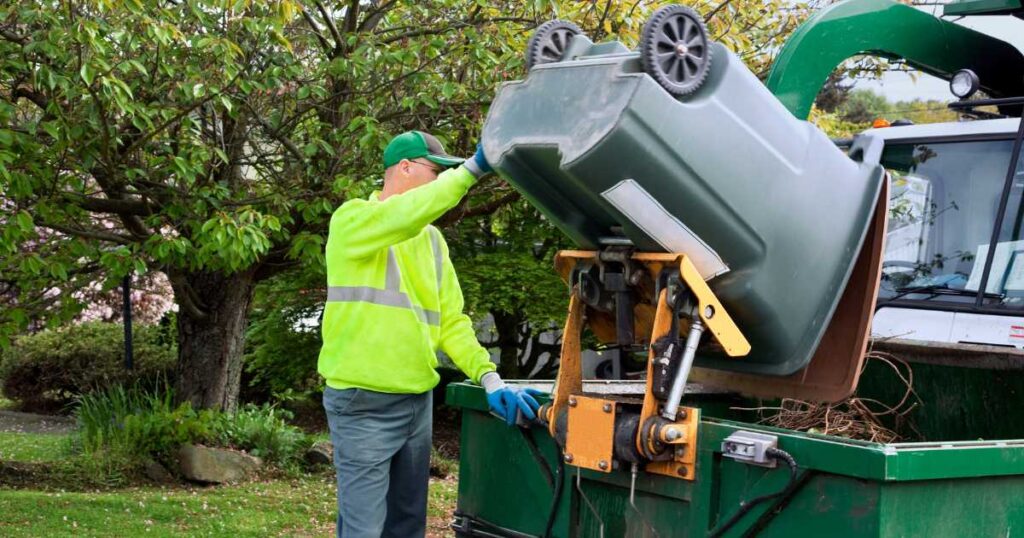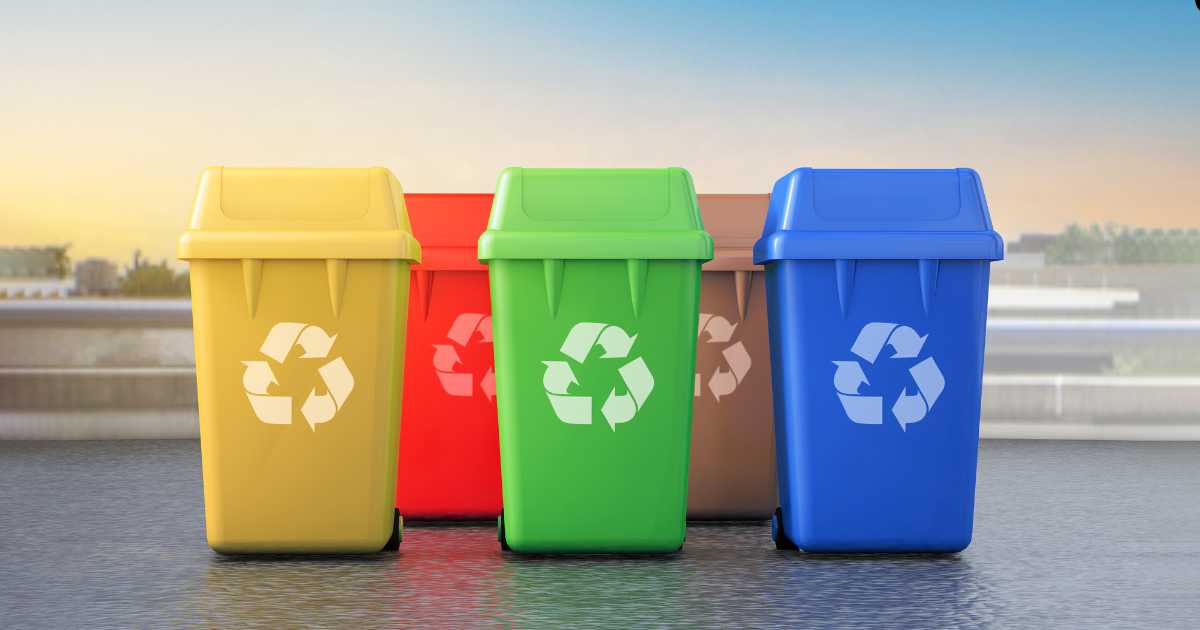Waste management encompasses a variety of strategies designed to reduce the harmful environmental impacts of waste disposal. This includes minimizing waste production, reusing and recycling materials, and composting organic waste.
By adopting sustainable waste management practices, businesses and communities can unlock valuable economic and social benefits. In this blog, we’ll explore the social benefits of waste management, so be sure to read all the way to the end!
Improved Environmental Health
At its core, waste management aims to reduce pollution and harmful chemicals in our environment. By reusing materials, we can lessen the demand for fresh resources, helping preserve the environment and reducing the negative impacts of resource extraction.
Sustainable waste management isn’t just a win for nature—it also has a direct positive impact on public health. Cleaner air, safer water, and healthier communities are all the result of responsible waste practices.
Consider dumpster rentals for proper recycling to ensure waste is managed efficiently.
Economic Growth
Waste management is not only an environmental win, but also an economic game-changer. When businesses and communities embrace proper waste management, they open the door to new, innovative solutions that drive economic growth. For local authorities, effective waste management practices can increase revenue through taxes, which can then be reinvested into vital community services and infrastructure.
For businesses, adopting waste reduction, reuse, and recycling strategies demonstrates a commitment to sustainability while also creating new jobs in the process. This boosts the local economy and fosters a greater sense of community engagement and responsibility.
Sustainable waste management also encourages a mutually beneficial relationship between businesses and local suppliers. By supporting the use of locally produced and recycled materials, companies contribute to the growth and stability of nearby businesses, strengthening the overall economic fabric of the community. As a result, the entire community thrives from a more resilient and sustainable economic system, built on the foundation of responsible waste management.

Cost Savings
One of the most appealing benefits of waste management is the potential for significant cost savings. Reducing waste production and adopting recycling or reuse methods can lead to major financial benefits for businesses and industries. For example, by reducing packaging waste or recycling materials like plastic and cardboard, businesses can lower costs while contributing to environmental conservation.
Moreover, optimizing the use of resources such as water and energy can further reduce operational costs. Efficient waste management not only promotes sustainability but also boosts profitability by cutting down on resource consumption and improving the bottom line. Waste management isn’t just about protecting the planet—it’s about creating a cleaner, more sustainable, and economically thriving community for everyone.
Renting a cost-effective dumpster for a day can help streamline waste disposal and save money.
Boost Community Engagement
Promoting waste management practices can spark a wave of community involvement. By making recycling and composting more accessible, educating citizens on sustainable practices, and encouraging participation in green initiatives, we can create a stronger, more engaged community.
Positive Social Impacts
Effective waste management doesn’t just benefit the environment—it also brings about powerful social changes. Cleaner air and water can dramatically improve citizens’ health and well-being, while more efficient use of resources helps ensure a fairer distribution, potentially reducing poverty. By fostering these positive changes, we build a community where everyone benefits.

Pristine Park Grounds
Encouraging responsible waste disposal in our parks has lasting benefits. Simple actions, like using the right bins for trash, can make a huge difference in maintaining the beauty of our natural spaces. Imagine strolling through a litter-free park, where the environment is inviting and refreshing.
This approach not only enhances the park’s charm but also cuts down on cleaning and maintenance costs, allowing resources to be allocated more effectively. Let’s work together to create a community that cares for our parks, ensuring they remain clean and welcoming for all.
Financial Perks
Smart waste management doesn’t just help the planet—it can also lead to big savings for businesses. Going green can result in tax breaks, grants, and other financial incentives. Local governments are eager to reward businesses that adopt eco-friendly practices, offering enticing perks like tax cuts and grants to make it easier to integrate sustainable methods into day-to-day operations. By prioritizing waste management, businesses not only contribute to a healthier environment but also unlock a range of financial benefits. Explore how dumpster rental services can unlock tax incentives and financial perks.
Frequently Asked Questions
What are the social impacts of waste management?
Waste doesn’t disappear—it ends up in landfills, often located in economically disadvantaged areas, where communities bear the brunt of its harmful effects. This can degrade air and water quality, damage health, and lower property values, while diverting critical resources from essential infrastructure and educational investments.
What are the 4 benefits of waste management?
Effective waste management not only improves air and water quality but also reduces harmful greenhouse gas emissions. By cutting down on the need for new resources, it decreases pollution and energy consumption related to manufacturing new materials, creating a cleaner and more efficient environment for all.
What is the social impact of recycling?
Companies that incorporate recycled materials and adopt eco-friendly practices are better positioned to build strong relationships within communities that value sustainability. Reducing the number of landfills can lead to higher property values, while also helping address the global issue of climate change.
How does poor waste management impact society?
Improper waste management harms our oceans, clogs drains, and causes flooding. It also contributes to the spread of diseases and respiratory problems from burning waste. Animals consuming waste are at risk to their health and survival, while economic development is hindered by these ongoing environmental issues.
How is waste a social issue?
Waste is not just an environmental issue—it’s a social one, too. Environmental inequality and exploitation, often tied to race and class, are exacerbated by the global waste trade. Vulnerable communities, who didn’t create the waste, suffer the consequences—pollution, contamination, and health hazards—making this a broader issue of justice and inequality.
Conclusion
In conclusion, embracing waste management practices offers a multitude of benefits for both businesses and communities. From cutting costs and enhancing environmental quality to stimulating economic growth and boosting community engagement, responsible waste practices bring positive change.
By prioritizing sustainable waste management, we also foster health, safety, and financial rewards, such as tax breaks, grants, and other incentives. These practices don’t just save money and protect the environment—they also create a more equitable, sustainable, and resilient future for all.
